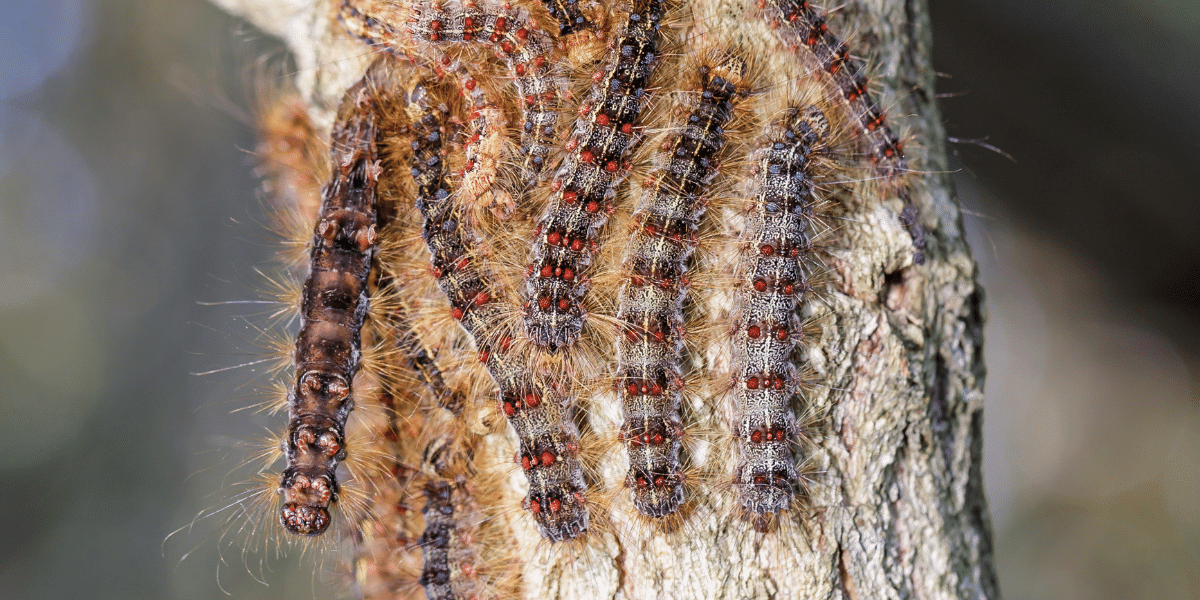Become a Conservation Steward
Michigan State University Extension is offering a Conservation Stewards training program for individuals interested in learning more about Michigan’s ecosystem and how to help it thrive.
The Michigan Conservation Stewards program runs virtually from September 8th – November 10th, and it features both classroom instruction from experts via Zoom and self-led field experiences in local natural areas.
The program will teach a variety of topics pertaining to Michigan’s natural resources along with the history of conservation and how conservationists manage invasive species and collect data. St. Clair County participants will be able to join a cohort of other students in the area to enrich their learning experience.
Registration for the class is $75 through August 18th and $95 from August 19th – September 1st. Scholarships are available based on demonstrated financial need.
More information is available at Michigan State University’s website <HERE>.
Reporting for WGRT – Jessie Wiegand






